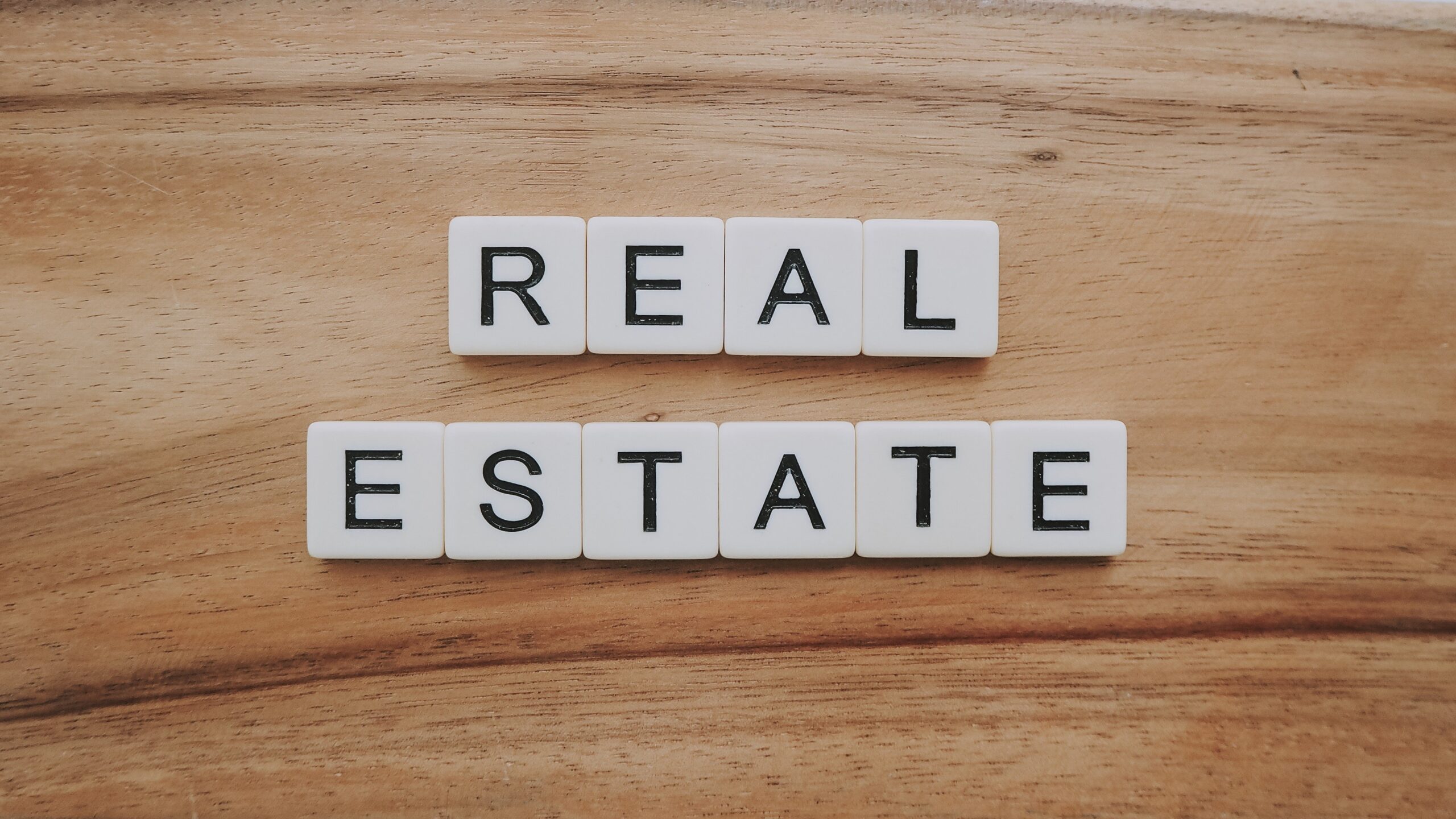Do you rent out your basement, or a whole property? And have you been reporting this correctly on your taxes? Here’s some tips on how to properly report these properties on your taxes.
- Properties
Rental income is earned from a property you own. This property can be used as a residential (ie: house, room in a home, apartments, suites etc.) or a commercial space (ie: office space etc.), any of which is considered taxable income and needs to be reported.
- Determining the Type of Income
It is important to have a good understanding of whether you are earning rental income or business income from this property. In most cases, rental properties only earn income from the rented space and basic services (ie: utilities, parking, laundry etc.) – this would be considered rental income. If you provide additional services to earn revenue, such as cleaning, security, meals etc., then you maybe operating a business. If this is the case, its considered self-employed income instead of rental income.
- Claiming This Income
If you have determined from above that you are earning rental income (not business income), it is to be included on a T776 Statement of Real Estate Rentals on your T1 Personal Tax Return. If the rental is residential property (traditional rental property rented on a long-term lease) and is occupied without pause in tenancy – there would be no GST/HST responsibility.
If the rental property is commercial (office space/commercial rent, short-term rentals/vacation rentals), it is considered earning business income and would be reported on a T2125 Statement of Business Activities on your T1 Personal Tax Return. In this case, there is also responsibility to collect/remit GST/HST if earning over $30,000 a year, and you would need to open a GST/HST number with CRA. The gross revenue, GST collected, and net revenue would need to be reported. Also click the link here for our other blog post “Vacation Properties and the GST/HST Implications” for more details on GST/HST and vacation properties.
Keep detailed records of this income you claimed on your taxes with any other tax documents for 7 years.
- Offset This Income
Rental income can be offset by rental expenses. These expenses are the costs you incur associated with operating the rental property (ie: insurance, mortgage interest, management fees, condo fees, minor repairs & maintenance, property taxes, utilities, travel etc.). It is important if the property is shared with you to determine the % of use that would be considered personal for these expenses.
Business income can be offset by any expenses associated with the operation of the property, like above. It is important when GST/HST is being remitted to track all expenses as net of GST/HST, as the GST/HST paid can be used to offset the GST collected to calculate your GST/HST refund/balance owing.
Keep in mind any assets (equipment etc. with a useful life of more than one year such as a fridge) would not be expensed, rather reported as an asset with CCA claimed/expensed. Large renovations/repairs that increase the value of the property would typically be included with the building asset and would be used in calculated the Adjusted Base Cost when selling the property.
Regardless of which type of operation – you must keep detailed receipts, bills, invoices etc. of any expenses claimed on your taxes with any other tax documents for 7 years.
- Selling the Property or Changing its Use
In either a residential rental or commercial rental – if the property is sold, you must report the capital gain/loss on your taxes. This is calculated by taking the proceeds of the sale minus the adjusted base cost (the cost of the property and any expenses to acquire it such as legal fees etc., costs of additions/improvements to the property).
If you change the use of the rental property (such as taking it back over as a principal residence), there is a deemed sale on the fair market value of the property, and you must report the capital gain/loss on your taxes.
If you change the use of your principal residence to a rental property (and it was your principal residence for all years you owned it prior to this), you will not have to pay tax on the gain however you must still report the capital gain/loss on your taxes.
If you are not sure how to report your rental income or need tax planning/strategy – contact us at Jibe Accounting and we can provide the expertise you need!

